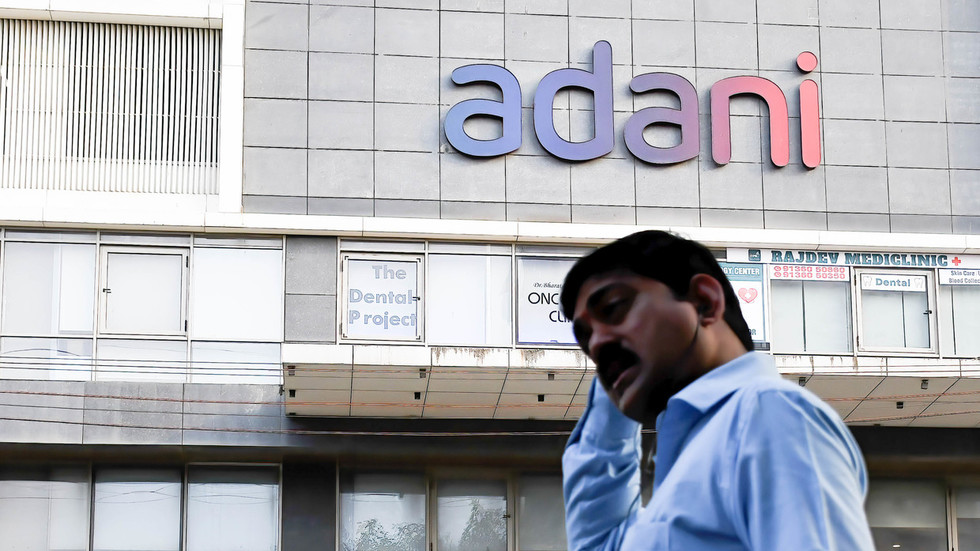The conglomerate has said it will “bow out” of a renewable wind farm project after the new government in Colombo sought to renegotiate terms
The conglomerate led by billionaire Indian tycoon Gautam Adani has walked away from a renewable energy project in northern Sri Lanka, citing an ongoing legal battle over the project’s potential environmental impact. The project had come under scrutiny from Sri Lanka’s new government.
Adani Green, the renewable arm of the Adani Group, said in a statement on Thursday that after having “protracted discussions” with the Sri Lankan government over two years and after learning that special commissions are being set up to renegotiate its terms, it opted to withdraw from the deal. “It was decided that while the company fully respects the sovereign rights of Sri Lanka and its choices, it would respectfully withdraw from the said project,” the statement read.
Adani had inked a deal to build a 484 MW renewable energy wind farm in Mannar and Pooneryn, Sri Lanka, and expand transmission lines in Sri Lanka with a total investment of $1 billion in 2022. However, the project has been under scrutiny ever since its approval by the administration of former President Gotabaya Rajapaksa in 2022.
The deal with Adani had been vehemently opposed by current Sri Lankan President Anura Kumara Dissanayake, who won the presidential election last September. He had pledged during the campaign that his National People’s Power alliance would “cancel” the project, citing a “threat to Sri Lanka’s energy sector sovereignty.” Since the new government took charge, Dissanayake has asserted he would “reconsider” the “approval granted by the previous government,” the news agency PTI reported.
Industry watchers have also argued that the agreed tariff of $0.0826 per kWh would be a loss to Sri Lanka and should be lowered to $0.005 per kWh. Additionally, according to local media reports, residents of Mannar and environmental activists expressed concerns about potential damage to a key bird corridor and other environmental risks, prompting them to file a petition with the Supreme Court.
This development comes months after Adani, one of the world’s richest people, was charged by US prosecutors with bribery and fraud. Even as the Adani Group and the Adani himself have denied accusations against its founder and other top managers, the US federal court indictment has led to group companies’ stocks crashing, wiping out around $27 billion of the market capitalization and raising concerns over the conglomerate’s several projects outside India, including in Sri Lanka.
Another project of the group, in Kenya, has also encountered difficulties. In September 2024, Kenyan workers launched a protest against a deal reached by the government with Adani to carry out “modernization and operations” at Jomo Kenyatta International Airport. They publicly protested against the plan to lease JKIA for 30 years in exchange for $1.8 billion in investment from Adani. Later, government officials intervened and clarified that the government would “prioritize the interests of Kenyan citizens” in its plans to upgrade and modernize Kenya’s main airport.
Long before the US indicted Adani, the company faced allegations of stock market manipulation from US short seller Hindenburg Research. The firm, which recently stopped operations without citing any reasons, released a series of reports in 2023 and 2024 that resulted in significant market losses for the conglomerate.
You can share this story on social media:




